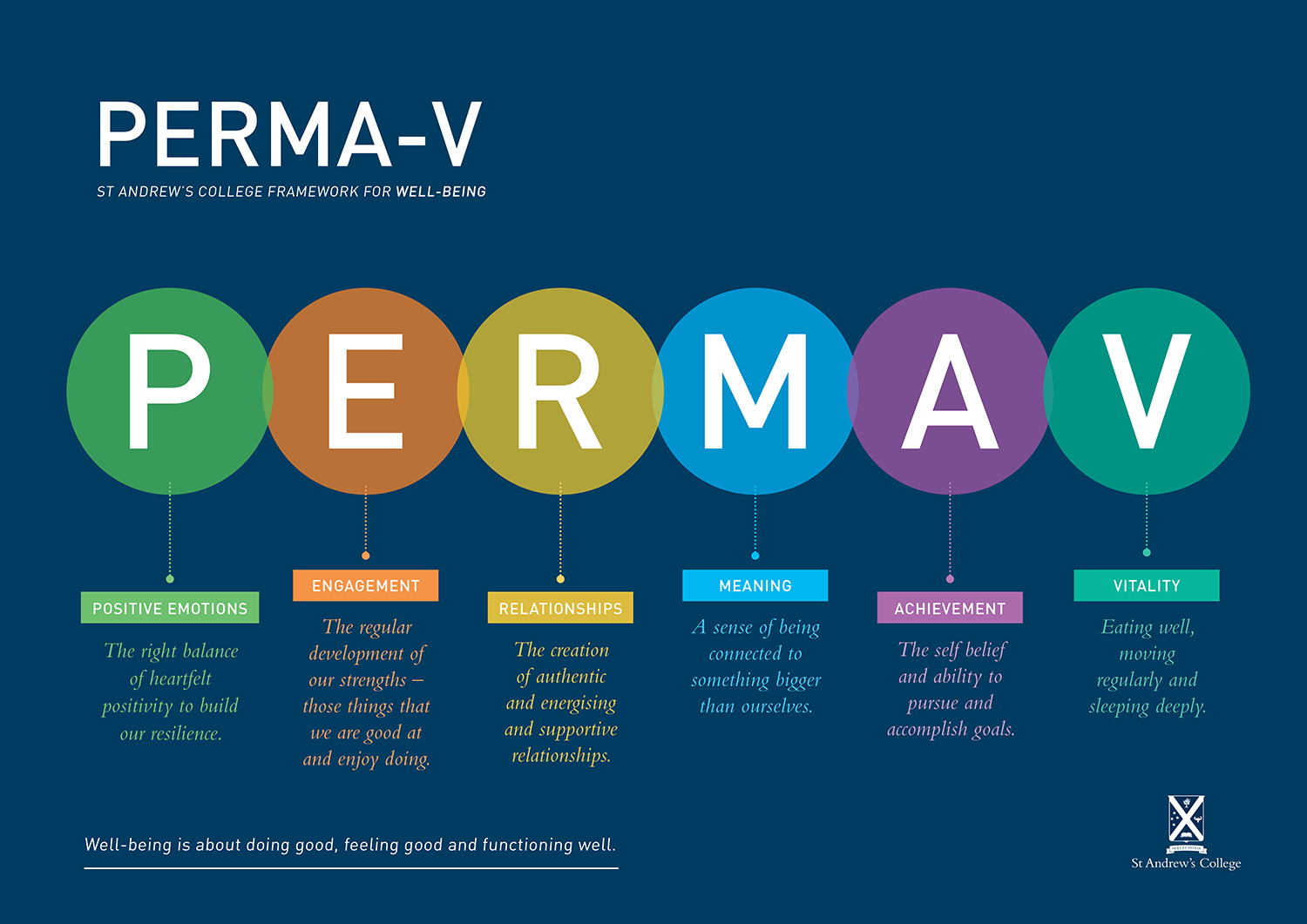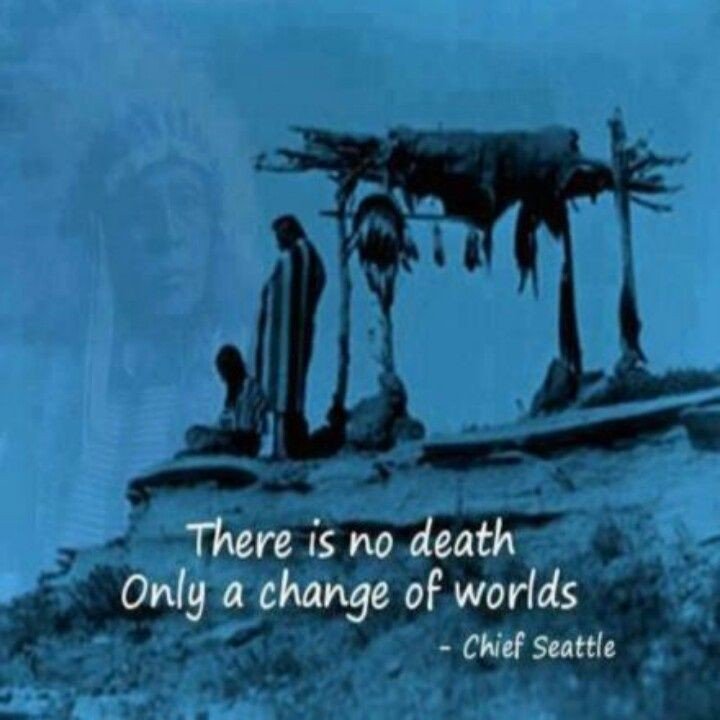
Ballet in a Boat



Despair = Suffering – MeaningSo Viktor Frankl says in the video above, summarizing his theory of logotherapy, which I’ve read at greater length in his book Man’s Search for Meaning. In other words, if people suffer but see meaning in their life, and even in their suffering, they do not despair, as he himself did not despair when he was in Auschwitz and other concentration camps.
focuses rather on the future, that is to say, on the meanings to be fulfilled by the patient in his future. (Logotherapy, indeed, is a meaning-centered psychotherapy).He calls it logotherapy because
Logos is a Greek word which denotes “meaning.” Logotherapy, or, as it has been called by some authors, “The Third Viennese School of Psychotherapy,” focuses on the meaning of human existence as well as on man’s search for such a meaning.According to logotherapy,
this striving to find a meaning in one’s life is the primary motivational force in man. That is why I speak of a will to meaning in contrast to the pleasure principle (or, as we could also term it, the will to pleasure) on which Freudian psychoanalysis is centered, as well as in contrast to the will to power on which Adlerian psychology, using the term “striving for superiority,” is focused.Speaking of the will to power, Frankl likes to quote Nietzsche:
“He who has a why to live for can bear almost any how.” I can see in these words a motto which holds true for any psychotherapy. In the Nazi concentration camps, one could have witnessed that those who knew that there was a task waiting for them to fulfill were most apt to survive.Those people who do see meaning in their lives, says Frankl, are able to
transform a personal tragedy into a triumph, to turn one’s predicament into a human achievement.And here you see how this is relevant for my book, which is about the two impostors, triumph and disaster.
Once, an elderly general practitioner consulted me because of his severe depression. He could not overcome the loss of his wife who had died two years before and whom he had loved above all else. Now, how could I help him? What should I tell him? Well, I refrained from telling him anything but instead confronted him with the question, “What would have happened, Doctor, if you had died first, and your wife would have had to survive you?” “Oh,” he said, “for her this would have been terrible; how she would have suffered!” Whereupon I replied, “You see, Doctor, such a suffering has been spared her, and it was you who have spared her this suffering—to be sure, at the price that now you have to survive and mourn her.” He said no word but shook my hand and calmly left my office. In some way, suffering ceases to be suffering at the moment it finds a meaning, such as the meaning of a sacrifice.I don’t doubt that the old man, out of love for his wife, preferred to bear the pain of being the survivor so that she did not have to. But his wife was still gone. His job (surviving her) was done. Pointing out that he had saved her pain did not give him meaning for his life from that point forward.
















